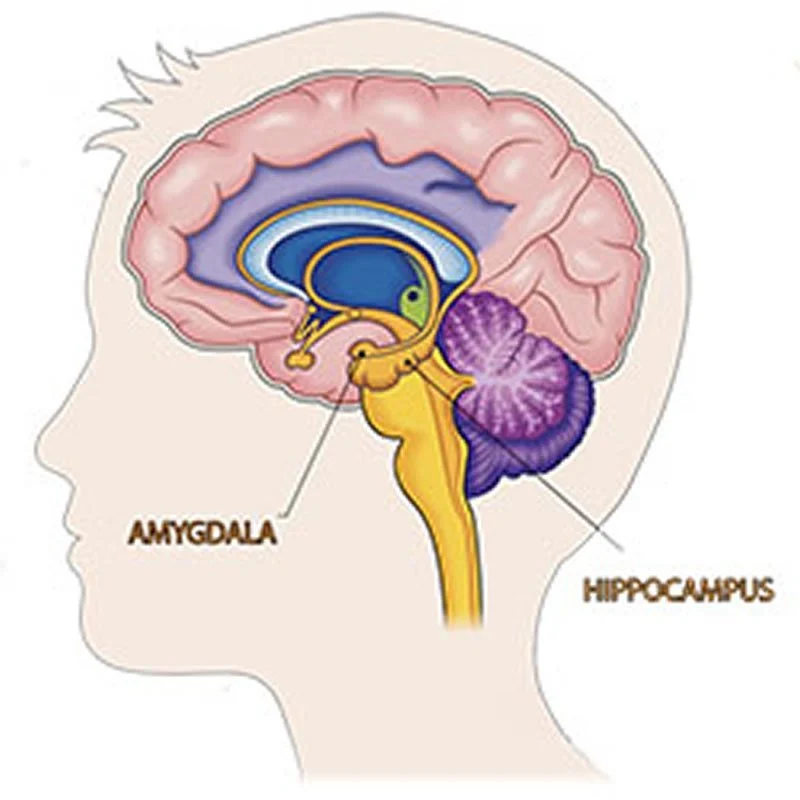Fat has become an extremely desirable component in our everyday diets. Fatty foods tend to get people's attention as they release strong enticing smells as they cook, along with the satisfying feeling that we get after eating them. The main reason that humans find fatty foods so desirable and have for so many years is simply due to evolution. A long time ago humans had to work hard to find or cultivate their food. Oftentimes food was the main concern for our ancestors for many years. Therefore during these times, fatty foods were extremely important to their survival. Fatty foods are a great source of energy and the human body digests fat a lot slower than carbohydrates or proteins. Fat also provides a more significant amount of calories per serving, providing 9.4 calories per gram, in comparison to carbohydrates and proteins, providing 4 calories per gram. Thus, fat becomes a desirable component of the human diet for survival.
Today, as a result of our evolution we humans are now wired to crave and prefer fatty foods because they provide us with high amounts of energy. Also, due to evolution, the human body has learned to hold on to and store fat for hard times when food is scarce. Although in a society like today where many people have access to food at all times, this makes it harder for people to stay healthy. Thus, it is important that we practice self-control and monitor what we eat and exercise to stay healthy, so we don't gain large amounts of unnecessary fats. Another important way to stay healthy is to replace bad fats with good fats, like avocado, nuts, and salmon!
Brie Zeltner, T. P. D. (2010, April 4). Humans are genetically hard-wired to prefer fat and sugar: Fighting fat. cleveland. Retrieved July 24, 2022, from https://www.cleveland.com/fighting-fat/2010/04/humans_are_genetically_hard-wired_to_prefer_fat_and_sugar.html#:~:text=%22Humans%20are%20evolutionarily%20wired%20to,University%20Hospitals%20Case%20Medical%20Center.
Why do fatty foods taste so good?: Human world. EarthSky. (2017, January 19). Retrieved July 24, 2022, from https://earthsky.org/human-world/why-do-fatty-foods-taste-so-good 2/#:~:text=From%20the%20perspective%20of%20hungry,us%20feel%20relaxed%20and%20content.








